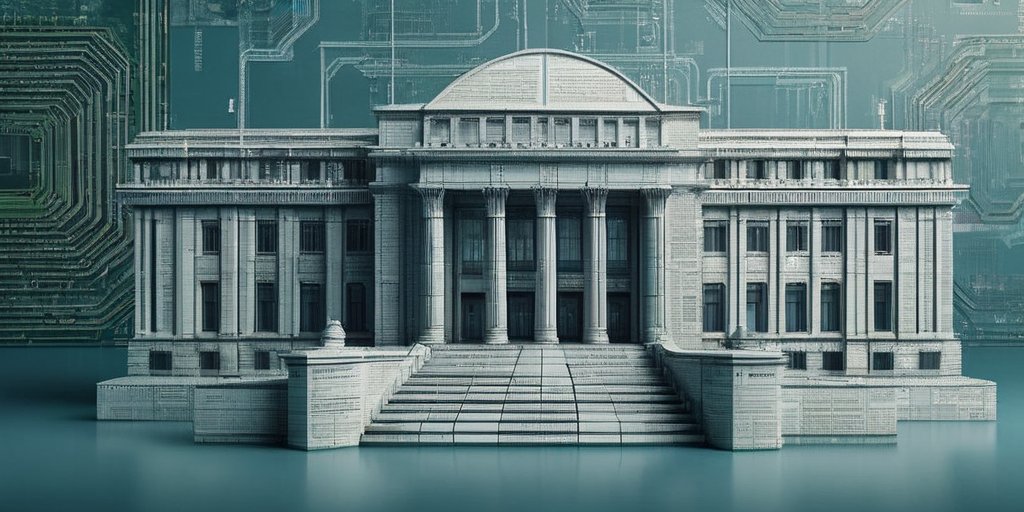In recent months, Elon Musk’s Department of Government Efficiency (DOGE) has been on a relentless mission to streamline and reduce the size of the federal government. This initiative, linked closely with former President Donald Trump’s policy goals, has sparked a series of legal challenges questioning the authority and status of this new department. The crux of the matter revolves around whether DOGE itself can be classified as a governmental agency. If it is deemed a government entity, it could face strict oversight under public records laws, potentially stalling Musk’s ambitious plans for drastic cuts and operational changes within federal agencies.
As various lawsuits emerge, the Trump administration claims that existing federal agencies are the true drivers behind the proposed reductions, countering the assertive portrayal by Musk and Trump, which depicts a sweeping overhaul spearheaded by DOGE. Government whistleblowers have come forward, describing observable reductions and erosions in their agencies, raising serious concerns about the long-term impacts of these movements.
The debate becomes more complicated as DOGE’s operations intersect with legal frameworks, specifically the Constitution’s appointment clause, which mandates that certain appointed officials receive Senate confirmation. Allegations have surfaced that Musk and his APPs (advisers, participants, and partners) may be overstepping their advised roles in significant operational changes, including mass layoffs, funding freezes, and contractual cancellations within agencies.
Previous rulings, including one from a federal judge in Maryland, have already occurred, limiting DOGE’s activities at the U.S. Agency for International Development (USAID), citing constitutional violations in the operational execution of agency functions. Nonetheless, arguments advocating for DOGE’s presence and influence have been reinstated by appellate courts, suggesting that Musk merely serves as an advisor to the president, further complicating the legal landscape surrounding these actions.
As legal proceedings continue, the lack of clarity about DOGE’s organizational structure and authority spurs both intrigue and concern. Musk has openly criticized the judiciary’s process, alleging bias against his department’s agenda, questioning the integrity of courts involved in these cases. Amidst all this, a legal advocacy group has pressed for transparency, citing the Freedom of Information Act as a potential pathway to uncover more about DOGE’s operations and internal communications, amidst a backdrop of claims of ‘legal gaslighting’ from advocates of government accountability.
These intertwining narratives of governance and legality underscore an evolving drama around efficiency, accountability, and the fundamental structure of government under the Trump administration’s vision. As observers keenly await the court’s judgments, the ongoing saga serves as a potent reminder of the complexities inherent in redefining government operations in the modern political landscape.
